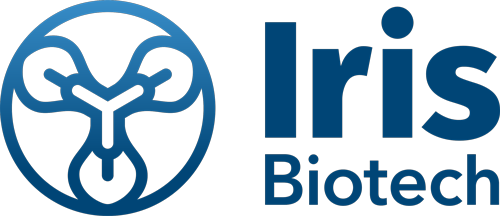Welcome to Iris Biotech
For better service please confirm your country and language we detected.
confirm selection

For better service please confirm your country and language we detected.

Thank you very much for your interest in our products. All prices listed on our website are ex-works, Germany, and may attract customs duties when imported.
You may/will be contacted by the shipping company for additional documentation that may be required by the US Customs for clearance.
We offer you the convenience of buying through a local partner, Peptide Solutions LLC who can import the shipment as well as prepay the customs duties and brokerage on your behalf and provide the convenience of a domestic sale.
Continue to Iris Biotech GmbHSend request to US distributorChemischer Name: 7-[N-alpha-(9-Fluorenylmethyloxycarbonyl)-L-phenylalaninyl-amido]-coumarin-4-acetic acid // Synonyme: (S)-2-(7-(2-(((9H-fluoren-9-yl)methoxy)carbonylamino)-3-phenylpropanamido)-2-oxo-2H-chromen-4-yl)acetic acid, Fmoc-Phe-Aca-OH
Ab 214,00 €
Peptide-7-amino-4-methylcoumarin conjugates (peptide-AMCs) are used as fluorogenic substrates to study proteases. If Phe-Aca is attached at the C terminus of cell penetrating peptides (CPP) the aromatic ring of phenylalanine quenches any fluorescence of aminomethylcoumarine. After internalization the Phe-Aca bond will be cleaved by proteases and Aca starts to show fluorescence demonstrating the internalization of the corresponding CPP.
The preparation of peptide-AMCs can either be carried out in solution phase or via solid-phase peptide synthesis (SPPS). This building block can be loaded on any solid support of choice as any other protected amino acid. After Fmoc removal, peptides are synthesized on the amino group of Phe using standard SPPS Fmoc chemistry. Fmoc-Phe couples on Aca with very low yield only, therefore, the Fmoc-Phe-Aca pseudo-dipeptide building block is the alternative of choice for successful synthesis of appropriate peptides. The crude peptide-7-aminocoumarin-4-acetic acid conjugates (peptide-ACAs) undergo facile decarboxylation under mild conditions to afford peptide-AMCs.
Harris, JL. et al. Proc. Natl. Acad. Sci. USA 2000; 97: 7754.
Maly, DJ. et al. J. Org. Chem. 2002; 67: 910.
Bitte senden Sie mir mehr Informationen über Fmoc-L-Phe-Aca-OH







